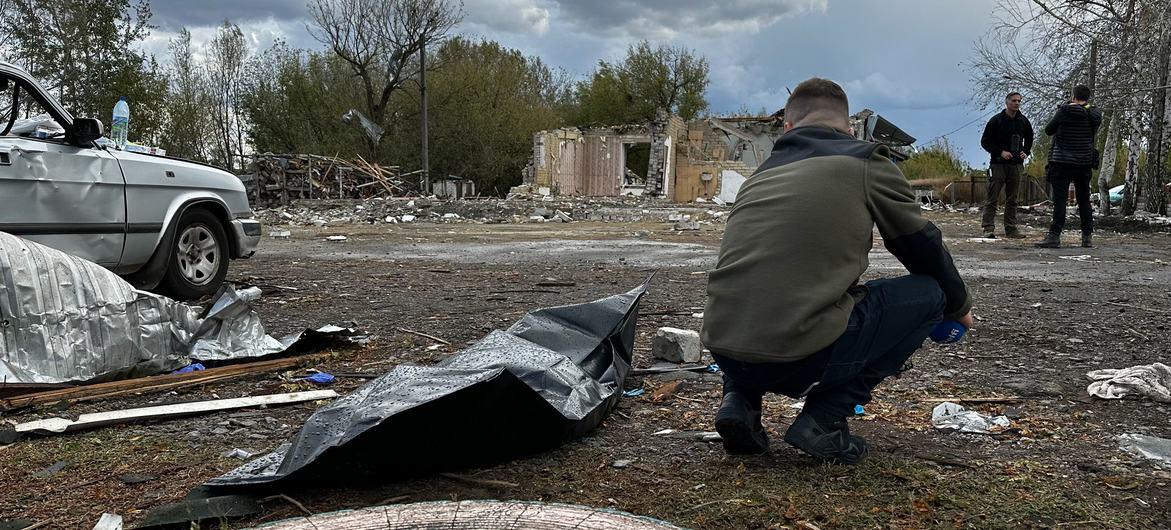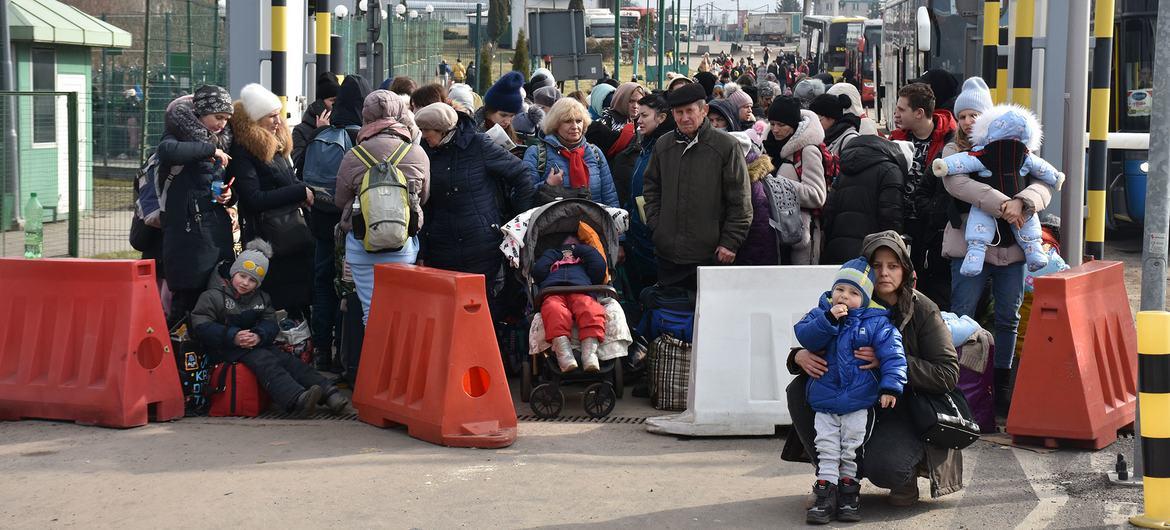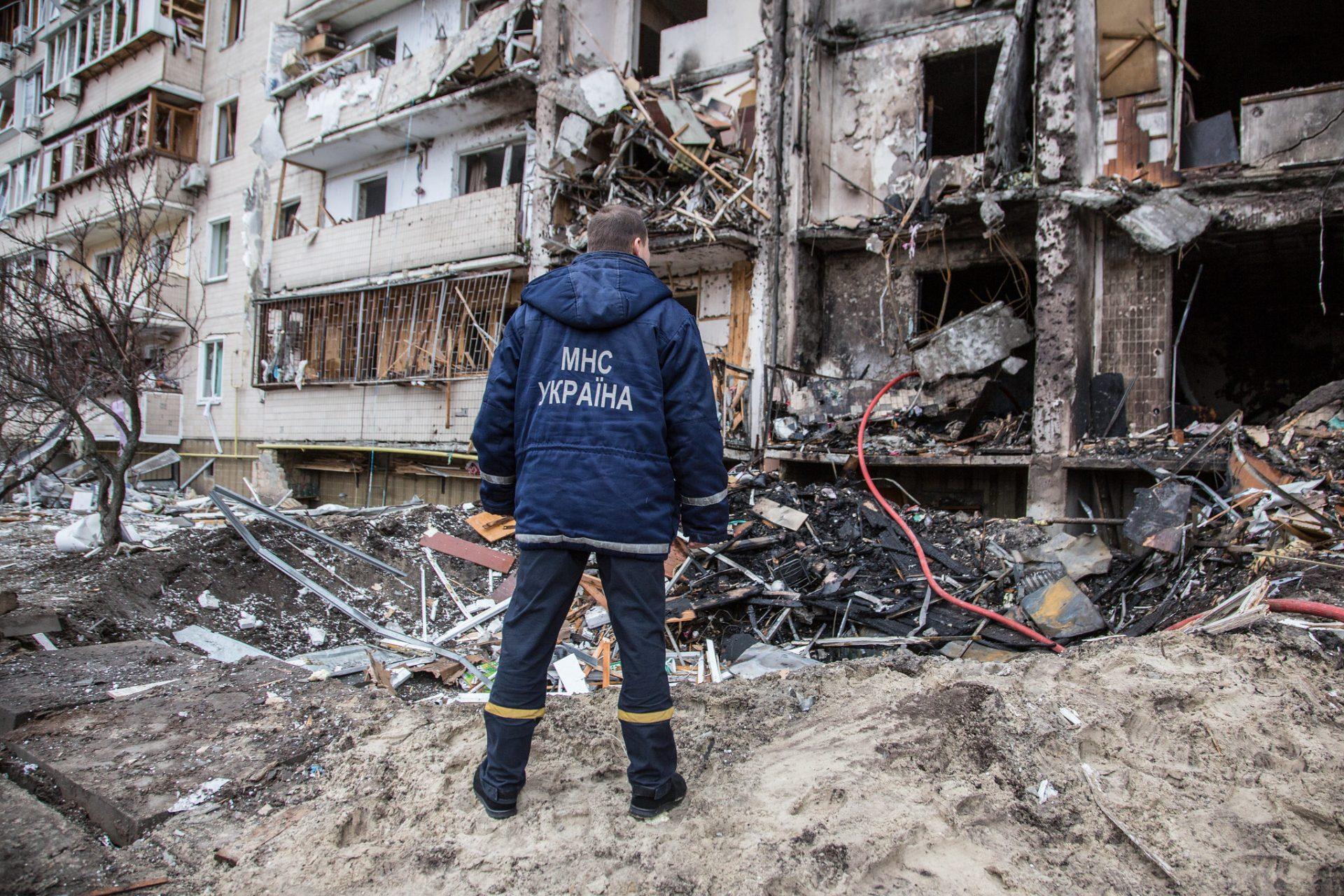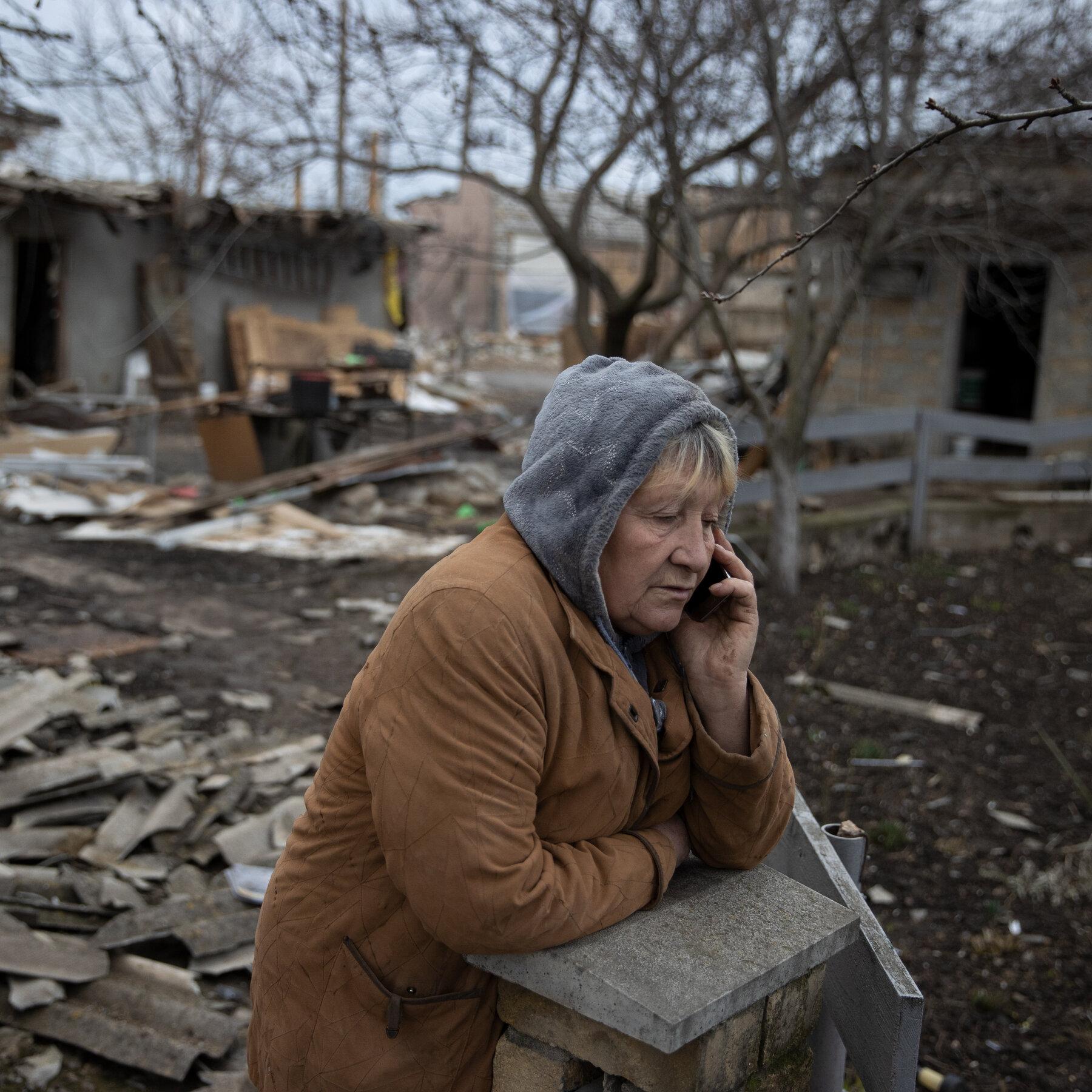The Ongoing Plight of Ukrainian Civilians: A Humanitarian Crisis in Context
The conflict in Ukraine has descended into unprecedented depths of suffering for civilians,many of whom find themselves caught in the crossfire of geopolitical tensions. Reports suggest that thousands of Ukrainian citizens remain under Russian control, their fates hanging in suspense as negotiations for their release fluctuate between hope adn despair. The lack of clarity surrounding their detention raises profound questions regarding their treatment, as families await news of loved ones who may be enduring unimaginable hardships. Amidst this backdrop, the international community grapples with the moral imperative to intervene and advocate for human rights, yet tangible actions remain elusive.
The conditions faced by those held captive underscore a broader humanitarian crisis with deep-rooted implications for future generations. Humanitarian organizations have documented various alarming trends, including:
- Increased reports of torture and abuse: survivors recount harrowing stories of mistreatment, highlighting the urgent need for accountability.
- Displacement and loss: With many civilians missing,entire families are left in limbo,marking a collective trauma that could resonate for years to come.
- Psychological impact: The ongoing uncertainty weighs heavily on communities, contributing to widespread anxiety and despair among those left behind.
The urgency to address these crises is paramount,as every day that passes compounds the suffering of those who are vulnerable. The world watches, yet action remains critical as global leaders must not allow the humanitarian needs of the civilian population to fade into the background of political discourse.

Unveiling the Conditions: Inside the Detention Centers Holding Civilians Hostage
The plight of Ukrainian civilians caught in the grip of conflict has remained largely hidden from the public eye, yet the conditions within detention centers reveal a grim reality. Reports from former detainees and humanitarian organizations describe overcrowded facilities lacking basic necessities, where many individuals face not only psychological trauma but also physical deprivation. Inside these centers, detainees encounter a range of challenges that intensify their suffering:
- Inadequate Food and Water: Access to nutritious meals and clean drinking water is scarce, leading to malnutrition and deteriorating health.
- Poor Sanitation: Overcrowding exacerbates unsanitary conditions, increasing the risk of disease.
- Psychological Abuse: Detainees report instances of intimidation and threats, compounding their emotional distress.
- Lack of Medical Care: Many are denied vital medical assistance, worsening existing health conditions.
The uncertainty surrounding their fate further deepens the anguish felt by families waiting for news of their loved ones. While international organizations and governments call for their release, a murky negotiation landscape complicates prospects for liberation. Advocacy groups strive to amplify the voices of the detained, demanding transparency in the treatment of civilians.Stories of resilience emerge from the shadows, highlighting the strength of the human spirit amidst adversity, yet the overarching atmosphere remains fraught with fear and uncertainty:
- Dialog Blackout: Many detainees have no means to inform their families of their whereabouts or condition.
- Legal Ambiguities: The lack of clarity regarding the legal status of these civilians creates further complications in securing their release.
- international Involvement: Efforts by global bodies to mediate and advocate for these civilians remain inconsistent, leaving many to wonder if they will ever see freedom again.

The Psychological Impact of Captivity: Voices from Families Awaiting News
The enduring uncertainty faced by families of Ukrainian civilians held captive by Russian forces is suffocating.Each day stretches into an eternity marked by anxiety and despair, as loved ones await news that often never comes. The psychological toll is profound, manifesting in various ways:
- Constant Worry: Families are trapped in a cycle of anxiety, perpetually fearing the worst while hoping for the best.
- Emotional Isolation: The stigma surrounding captivity leaves families feeling isolated; many hesitate to share their burdens even with close friends.
- physical Manifestations: Sleepless nights and persistent stress can lead to serious health issues, exacerbating the emotional anguish.
This emotional turmoil extends beyond the immediate family unit, impacting entire communities that resonate with the pain of loss and uncertainty. The absence of closure breeds a shared trauma that can alter social dynamics and relationships.As families grapple with grief and apprehension, they often find themselves seeking out support networks composed of individuals with similar experiences. Within these groups, the heavy silence is intermittently broken by shared stories, fueling a collective resilience and an unwavering commitment to the belief in eventual reunification:
- Supportive Networks: Families unite to form alliances that can provide emotional, social, and sometimes financial assistance.
- Advocacy for Change: Many turn their anguish into activism, rallying for awareness and demanding action from governmental and humanitarian organizations.
- Hope Against Odds: Even amid despair, hope persists; small victories, like receiving letters or brief contacts, breathe life into a seemingly endless wait.

Strategic Recommendations for Advocacy: Mobilizing International Support for Release Efforts
To effectively mobilize international support for the release of ukrainian civilians unlawfully detained by Russia, targeted advocacy initiatives must be implemented. This involves leveraging global media channels to amplify the stories of those affected and humanize the ongoing crisis. Activists should collaborate with prominent human rights organizations to highlight individual cases,ensuring that personal narratives resonate with international audiences. This strategy should be complemented by the use of social media campaigns that can go viral, encouraging public pressure on governments and influencers to take a stand.
Engagement with diplomatic entities is crucial in fostering a unified front among nations opposed to unlawful detentions. These efforts can include:
- Organizing rallies and public demonstrations in front of embassies.
- Creating petitions demanding governmental action and support for international resolutions addressing human rights abuses.
- Establishing partnerships with influential stakeholders,such as celebrities and thought leaders,to raise awareness and drive discourse.
By strategically aligning resources and maintaining a steady spotlight on this humanitarian crisis,advocates can galvanize international support for the urgent release of those unjustly held.
